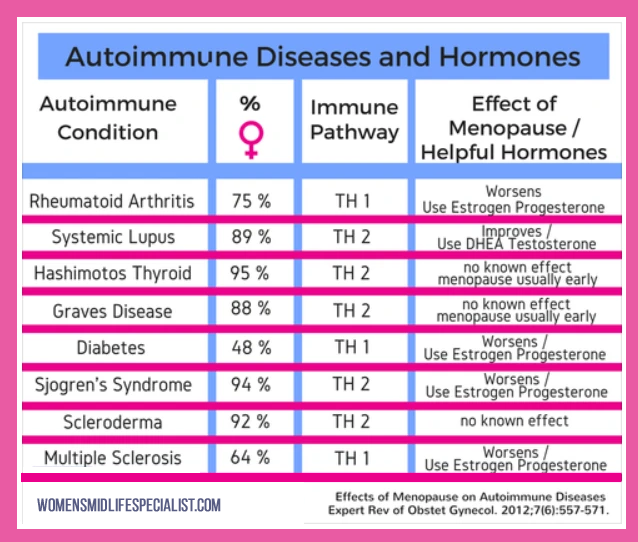Autoimmune Arthritis: Early Signs & What you should know NOW!

Autoimmune arthritis is the name given to a group of arthritis types where a person's immune system attacks itself. The most common example is rheumatoid arthritis.

When the immune system attacks itself, the result is inflammation in a joint that can cause pain, stiffness, and mobility problems.
Rheumatoid Arthritis and Psoriatic Arthritis are two forms of arthritis that are called "inflammatory" arthritis. There are other Inflammatory Arthritis conditions as well.
These forms are considered to be Autoimmune Diseases and are treated with medications which suppress the immune system. Unfortunately, they suppress the entire immune system leaving the body at risk of infections and the development of cancers. However, left untreated, these inflammatory arthritis Autoimmune Diseases can cause disfiguring and debilitating disease and can be quite serious.
The autoimmune part of the disease causes inflammation throughout the entire body and not just in the joints, causing heart, lung, kidney and even bowel diseases. This is why conventional medicine focuses so heavily on "heavy duty" drugs to keep these conditions under control. None of the medications however Cure the disease.
They are medications used to only "control the severity" of the disease, and come at a dangerous cost to the individual.
While the symptoms of autoimmune arthritis vary depending on the specific underlying arthritis type, some general symptoms associated with autoimmune arthritis include:
- fatigue
- fever
- joint pain
- stiffness
- swelling
-
weakness
Examples of diagnostic tests for autoimmune arthritis may include:
Imaging scans, such as X-rays, CT scans, or MRI scans to identify areas of joint damage.
Blood testing, including red blood cell count, rheumatoid factor, antibodies to certain peptide types, and erythrocyte sedimentation rates.
Tissue samples, which doctors can use to confirm conditions, such as psoriasis.
However, no single test can definitively diagnose an autoimmune arthritis type. Often, diagnosis involves a person undergoing a range of tests to rule out other conditions and other types of arthritis.
Examples of lifestyle changes to manage autoimmune forms of arthritis include:
Examples of lifestyle changes to manage autoimmune forms of arthritis include:
(1) Stretching
Stretching the muscles around the affected joints can provide some relief from RA symptoms. Simple stretches and strengthening exercises can help alleviate symptoms of RA in the hands and wrists.
(2) Motion in Joints Exercise
Regular exercise, especially types that improve the range of motion in joints. Activities such as swimming or cycling can strengthen the muscles around the affected joints. This can help reduce the overall impact on the joints and slow the progression of RA.
(3) Reduce Stress
Reducing physical and emotional stress can benefit some people with RA. Gentle methods of relieving stress can include mindful meditation, tai chi, and yoga.
(4) Balanced Your Rest
Rest is important for treating joint aches, but too much rest or a sedentary lifestyle can make aching joints worse.
(5) Eating Healthy
Eating a healthful diet to maintain a healthy weight puts less pressure on painful joints. Fish oil from cold-water fish, such as salmon, mackerel, tuna, cod, and herring, contain high amounts of omega-3 fatty acids. These acids help combat inflammation by blocking inflammatory receptors.
Below is an outline of the most common Autoimmune Conditions, dominated by women, with the defined use of Sex Hormones for each of these Autoimmune conditions. You will see that only one Autoimmune Disease dominated by women which should NOT use Estrogen and Progesterone during and after menopause - and that is Systemic Lupus. However, if you have Systemic Lupus, You SHOULD be looking into supplementing with DHEA and / or Testosterone!

Balanced Nutrition. Balanced Bioidenticals. Balanced Gut.
Testing CLICK HERE
Bioidentical Creams CLICK HERE


Leave a comment